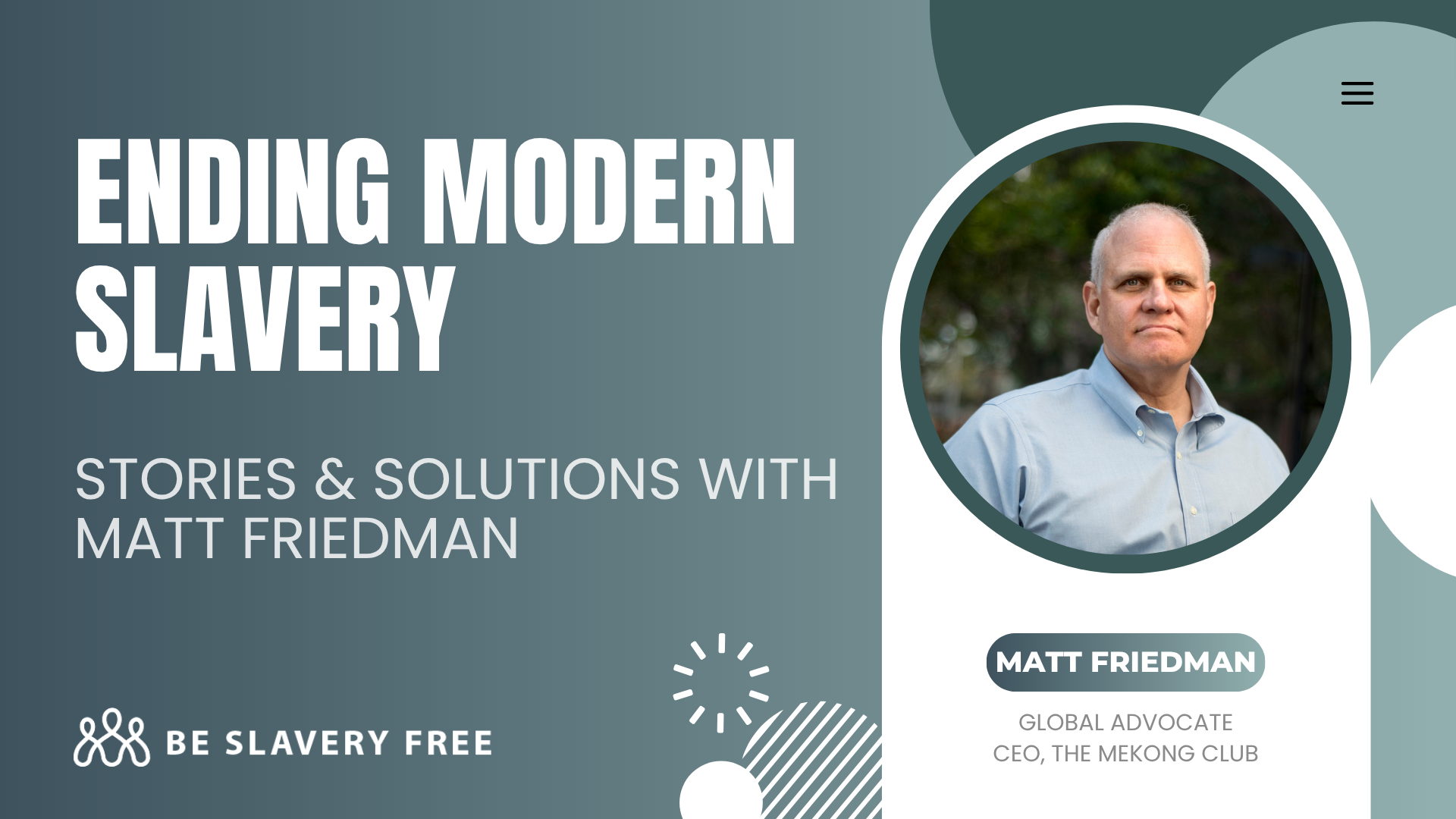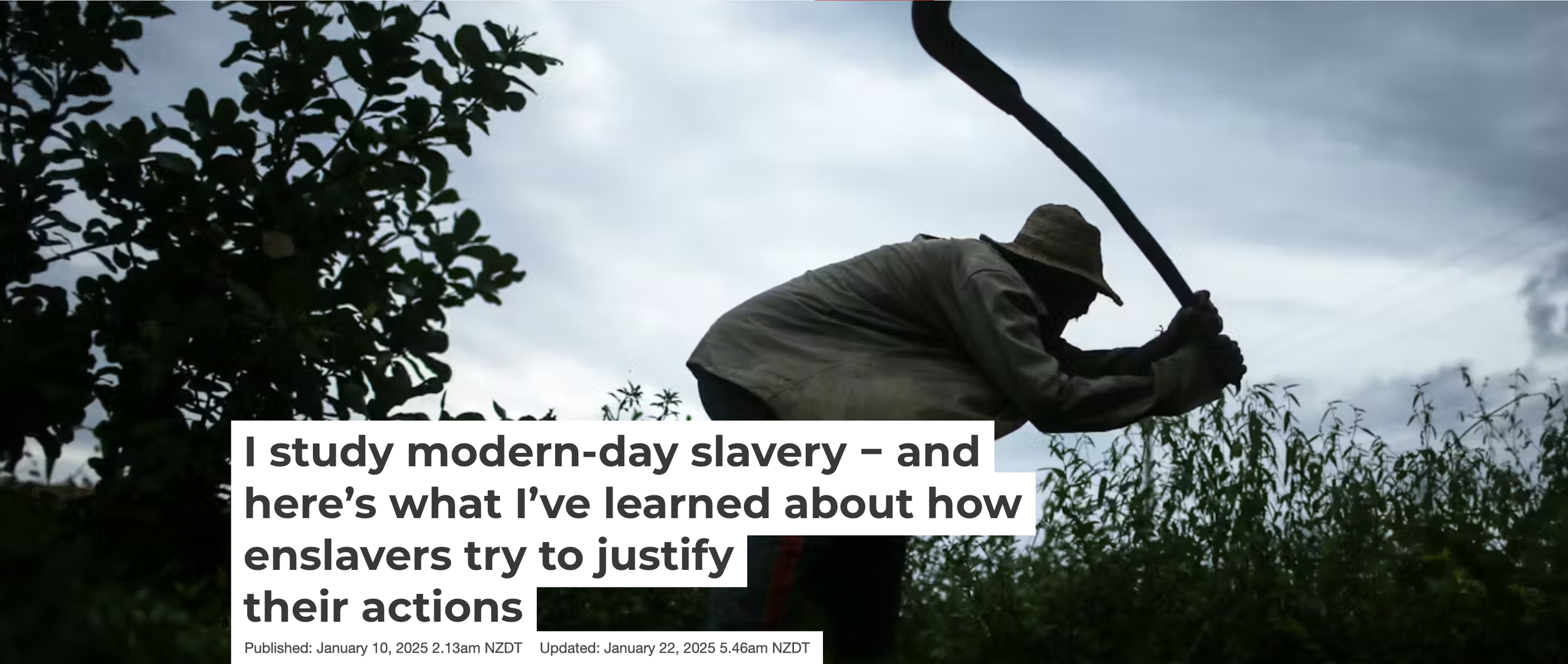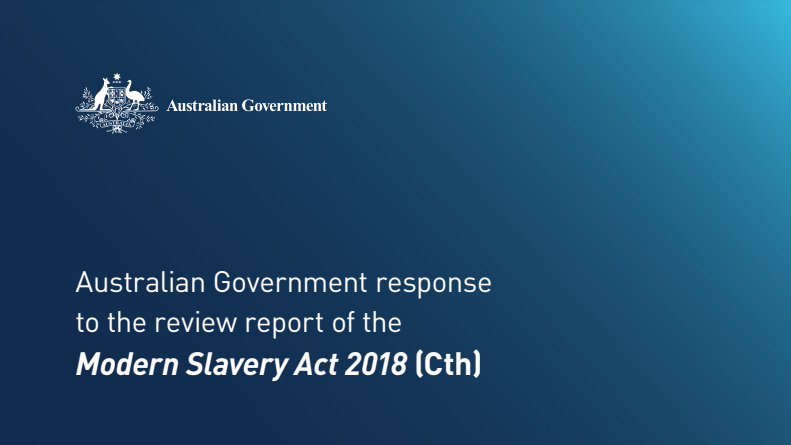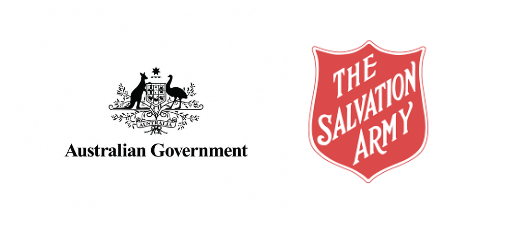Resource Hub
Modern slavery still exists—and business has a critical role in eradicating it.
This resource hub is designed to equip your business with the knowledge, tools, and strategies to take meaningful action. Explore blogs, articles, reports, and webinars that will help you prevent, disrupt, and ultimately abolish slavery in supply chains and beyond.
Be a leader. Drive change. Make freedom possible.

Blogs & Webinars
REPORTS, TEMPLATES, GUIDELINES
-
Optional template to serve as a guide for responding to supply chain transparency requirements in the United Kingdom, Australia, and Canada. It is designed to reduce administrative burden for organisations subject to supply chain reporting requirements in the UK, Australia and Canada and supports the development of one report for all three jurisdictions.
-
The OECD Guidelines for Multinational Enterprises acknowledge and encourage the positive contributions that business can make to economic, environmental and social progress, and also recognise that business activities can result in adverse impacts related to workers, human rights, the environment, bribery, consumers and corporate governance. This Guidance helps businesses to understand and implement due diligence for responsible business conduct. It also seeks to promote a common understanding on responsible business conduct amongst governments and stakeholders.
-
DescriptionILAB publishes three reports on international child labor and forced labor that serve as valuable resources for research, advocacy, government action and corporate responsibility. These reports are The Department of Labor's Findings on the Worst Forms of Child Labor; the List of Goods Produced by Child Labor or Forced Labor; and the List of Products Produced by Forced or Indentured Child Labor. Each of these reports has a distinct mandate, focus and set of implications, but taken collectively, they document the current situation of child labor, forced labor and forced child labor around the world.
-
This publication is to provide practical guidance for business enterprises on how to recruit and employ international migrant workers ethically and responsibly. The guidance offers concrete steps employers across various sectors can take to run their businesses in a manner that respects human and labour rights of migrant workers.
ILO Migrant Worker Guidelines for Employers
-
This glossary unpacks commonly used terms related to forced labour, modern slavery, and human trafficking. It aims to highlight their strengths, limitations, and underlying assumptions—encouraging more thoughtful and informed use of language in the fight against exploitation.
-
The Operational Guidelines for Businesses on Remediation of Human Rights Grievances (the “Guidelines”) are created to primarily help companies and industry groups to develop voluntary programmes to remediate worker grievances, especially with regard to addressing human rights concerns of migrant workers in international supply chains. Given the number of stakeholders involved in any particular industry or region, the Guidelines are also relevant to the work of other interested third parties, including International Organizations, Non-Government Organizations (NGOs), community-based organizations (CBOs), civil society organizations (CSOs) and worker groups.
-
These indicators are intended to help “front-line” criminal law enforcement officials, labour inspectors, trade union officers, NGO workers and others to identify persons who are possibly trapped in a forced labour situation, and who may require urgent assistance. The indicators represent the most common signs or “clues” that point to the possible existence of a forced labour case.
-
The Mekong Club, in partnership with key organisations, creates toolkits to help businesses tackle modern slavery. Members of Be Slavery Free’s Business Association gain exclusive access to specialised tools, while a selection of free resources is available to support broader industry engagement.
Mekong Club Tools & Resources
Need more resources, tools, or training for your business?
We’re here to help—reach out for a quick chat and let’s explore how we can support your anti-slavery efforts.











